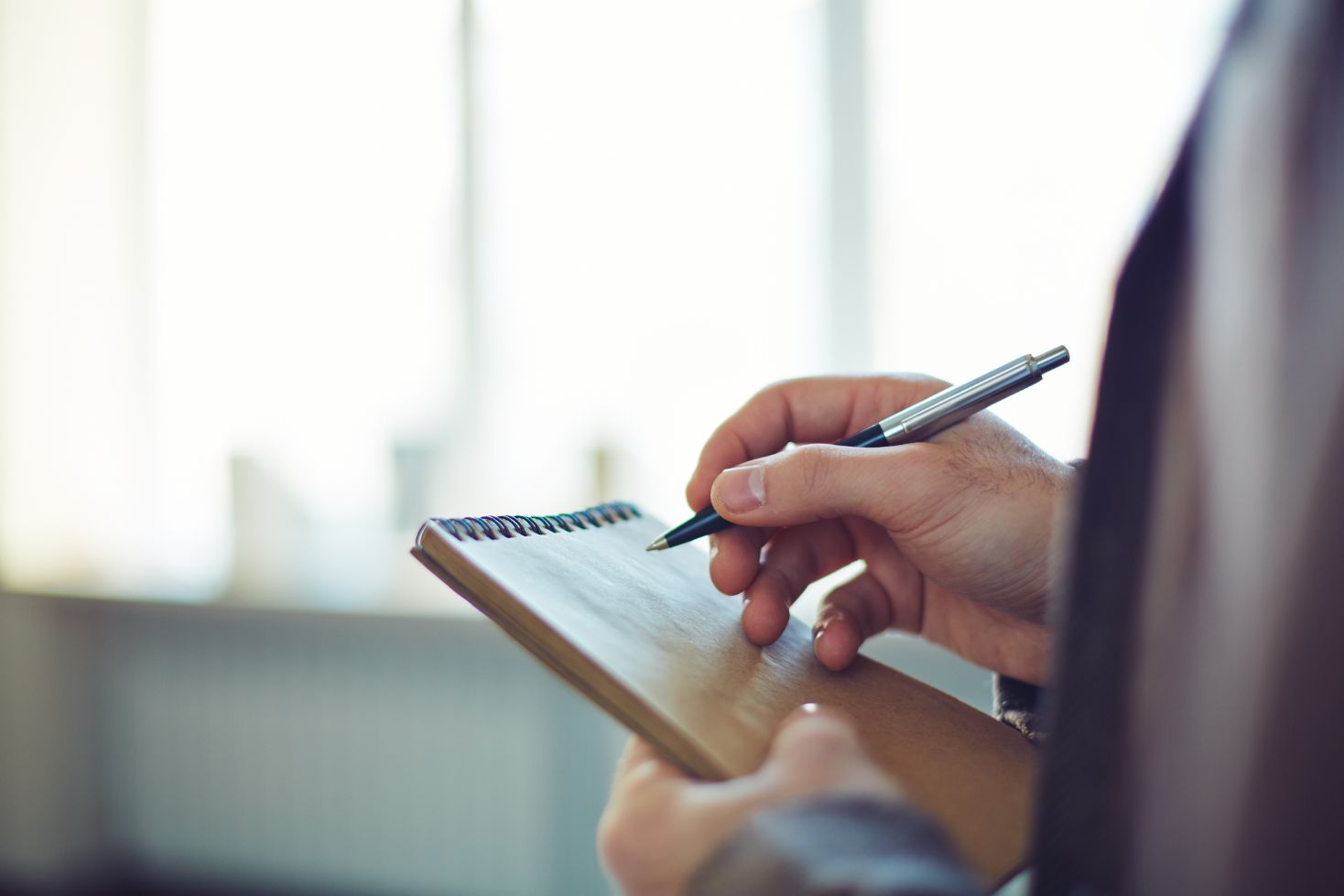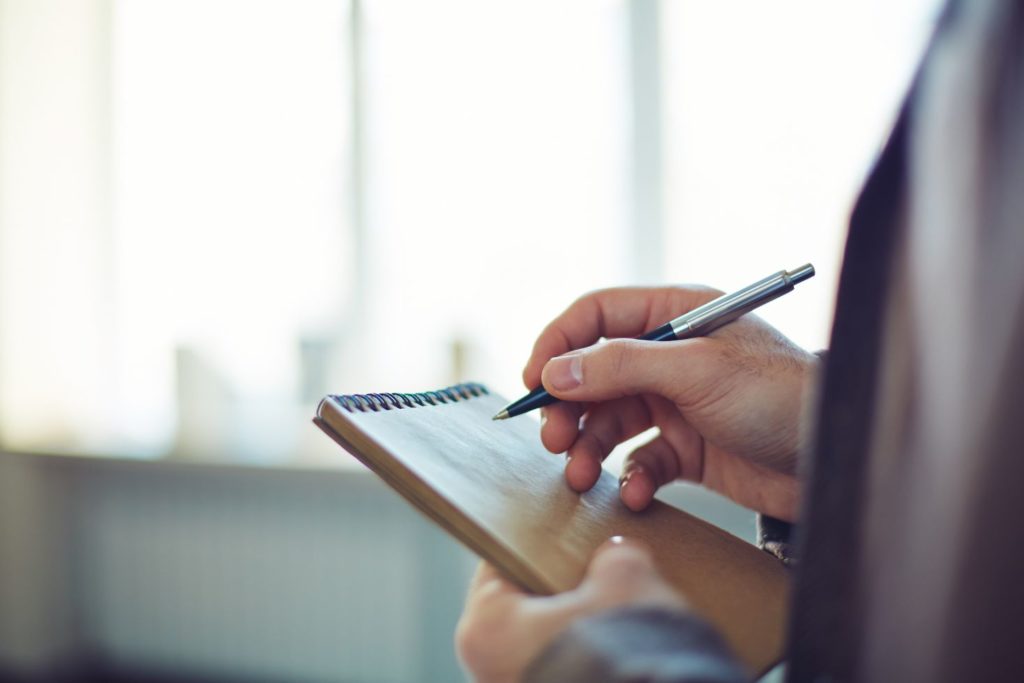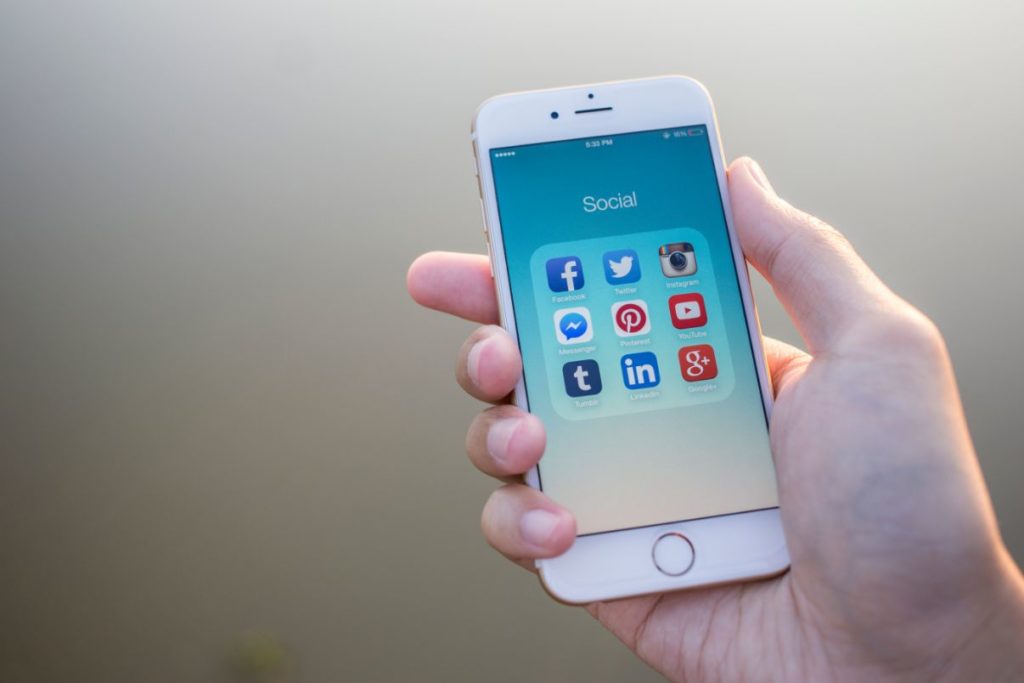

Do you have a job interview coming up? Or, perhaps you are just starting your job search process and you’re a little bit nervous? Not sure what to do and what not to do when it comes to a job interview? Do you want to maximize your performance during a job interview? Well, regardless of your reason, if you need some job interview tips, keep reading for 30 of our best do’s and don’ts. Our goal is to help you land that job, so take note of these tips for success.
If you have not interviewed for a job previously, or it’s been the better part of a decade since you’ve done a live interview, it’s time to brush up on your technique. Practice makes perfect, so it’s best not to go into an interview with no previous interview experience. Our top recommendation for getting some experience is to download some common interview questions from various job sites and then have someone ask you these questions. Get comfortable speaking about yourself and answering difficult questions. We’ll devote a whole post to top job questions in the future, so be on the lookout for that! If you are in school or recently graduated, contact your career services department. Chances are that they will offer something called a “mock interview”. This is where a staff member pretends to be the employer and interviews you. This could be by phone, in person, or even video chat (FaceTime, etc.) After the interview, be sure to get feedback on how you can improve.
You should always dress well for an interview. But, it is important not to overdress (too formal) or underdress (too casual). Ask the company what is appropriate attire (even if it is a video chat, it still is important to look your best.) We typically recommend at least a collared shirt, slacks (not jeans), and dress shoes (not sneakers) for men. Ladies should wear dress slacks and a blouse, or a dress that drops below the knees. There are many websites devoted to job interview attire and “dressing for success”. It’s not about cost either. Rather, it’s about fit and style. Make sure you dress a bit on the conservative style with neutral colors versus bold, loud patterns (unless the industry in which you are interviewing is known for bold fashion.) Your clothes should fit well and be pressed. If you don’t have the right attire, speak with a friend or your school about your options to borrow something. You don’t want your attire to be a distraction. At it’s best it can portray you as a serious candidate. Not sure what to wear? Snap a photo of you in your interview attire and share it with friends or your career services department for feedback. Or, post it to your social media profile for feedback.

Along with attire, how you groom yourself is equally important. We’re talking about hairstyles, make-up, and general cleanliness. Obviously, you should be “clean” as in showered and not physically dirty (as well as your attire.) Make-up should be minimal and neutral so as to not be a distraction but rather a compliment of your appearance. Hairstyles should again be neutral so they are not distracting. Hair says a lot about who you are as an individual and your culture and background. You don’t have to hide it. Just make sure your hair is clean and well presented. Again, you are looking to avoid distractions, so the interviewer can focus on who you are, not how you look. This includes oral hygiene too. Make sure you brush your teeth, floss, and have good breath beforehand. Nothing is worse than interviewing and having bad breath or food in your teeth!
We recommend not dressing too sexually. We all have different definitions of what sexuality is, and as an expression, what sexual attire is. However, if your norm is a bit outside of the box, then we recommend paring it back a little bit for the interview. You don’t want to create an uncomfortable situation or push the interviewer too much. Also, as we have discussed previously, your clothes should be clean and neat, avoiding things like ripped jeans, short skirts, tight pants, and tight tops. Headgear and face coverings are appropriate if it is part of your work environment (safety gear) or culture (hijab), for example. Otherwise, leave the accessories at home (see our next tip.)
Leave the baseball hat, walking stick, earbuds, skateboard, and chains, home. In other words, keep your accessories to a minimum. Again, our goal is to keep the focus on who you are as a person, not a fashion maven. So your accessories should not be a distraction. Costume jewelry and oversized watches should be avoided.
As we mentioned before, being well-groomed with good hygiene is a must. But you also don’t want to overdo it! That goes for fragrances like perfumes, body sprays, and colognes. We suggest not using any at all. But, if you do, keep it very light an minimal – just one spritz total. You don’t want to overwhelm the interviewer with your smell – even if it is a good smell. The whole room should not smell like you during the interview.
You may have a number of body piercings, including your ears, nose, and lips. You may even have a number of tattoos. Each one likely tells a story and is part of your personal expression. However, they can be distracting during an interview. Reduce your piercings to just a few, if any, and keep tattoos covered up, especially if they are overtly suggestive (religious or political.)
Being well-rested is an important aspect of living well and your overall health. It will also ensure you are in top shape for your interview. You want to be mentally sharp, and being well-rested is key to this. Avoid staying out late, partying, or heavy drinking, the night before your interview. Save all this for after you land the job and you can celebrate!
Prior to your interview, you should have a nice meal. Avoid fast food, greasy items, or foods heavy in carbs. All of these may make you uncomfortable during your interview. A healthy meal high in protein is a good way to help you maintain your energy level during the interview. You don’t want to be too hyper, have to use the facilities, or hit a sugar low during your interview, and a healthy meal will help you succeed.
This may seem like a lot of extra effort, but if you have never been to the location where you are interviewing, how do you know how to get there and find your way? Drive there the day before to practice the route and understand the location and where to park. Make sure you do your practice run at the same time of the day to check for traffic patterns too.
We recommend checking in with the employer about five minutes ahead of your scheduled appointment. Don’t check in earlier than this as it places pressure on the employer (and they are likely very busy). However, you should definitely arrive much earlier than five minutes. Just remain in the parking lot, in your car, relaxing until it is five minutes before the interview. If your car is in view of the reception area, then park somewhere else, or down the street. Then, drive over when it gets closer to your interview time.
Our first tip was to practice your interviewing skills. This will help keep you calm and present you in a confident manner. During your interview, remember to speak slowly – don’t rush. Be calm and relaxed. Feel free to let your personality shine, but don’t feel the need to rush things.
If you tend to fidget a lot when you sit, you’ll need to complete some practice interviews to work on reducing this habit. Perhaps you rock in your chair (if you do, we recommend sitting on the edge of the seat to reduce your chances of rocking.) Or, you might tap your fingers, sway side-to-side, or tap your shoes. A practice interview will help identify these nervous ticks so that over time you can work on eliminating them. It may be helpful for you to hold something like a pen during your interview, to reduce the fidgeting of your fingers and hands.

There are whole books devoted to body language. In the interest of time, our top tips are to be inviting and relaxed. That means uncrossing your arms (keeping them on the table or by your side.) Leaning in toward the interviewer is a good way to show engagement and interest too. Avoid leaning all the way back in your chair, staring off into space, or crossing your arms or legs.
This tip is a bit more advanced, though it may come naturally to some people. Make eye contact to show that you are listening and engaging with the interviewer. You don’t want to stare, but looking at the interviewer shows you are paying attention, listening, and focusing on the conversation. The same goes for when you are speaking.
If you are asked a question, try not to come across as defensive or make any excuses. Just redirect the conversation to something positive or a strength. For example, if you received a poor grade for a class and are asked why, just respond that you found that material difficult, but you took the initiative to speak with your instructor and get extra help. By redirecting the conversation in this manner, you are showcasing you know how to ask for help and focus on improving. You’re now actually talking about a strength, and not why you got a poor grade!
Before your interview, you should have some important things you want to communicate already identified. This may be prior work experience, a specific skill, a certification, etc. If, during the course of the interview, you are asked a difficult question or a question about a weakness, try and refocus the conversation by explaining how you overcame that situation or challenge. This shows a strength. Incorporate your talking points along the way. The more you practice answering tough questions with a coach in your career services department or by practicing answering hard questions with a friend, the better you will become at deflecting and redirecting these difficult questions.

Try to keep your answers to questions concise. This typically means just a few sentences, unless you are explaining a project or relaying a specific story. Long-winded answers can have you stray off-topic and mention things that are not relevant. This can get you off-track quickly. Let the interviewer do some talking and sharing too!
Asking questions, thoughtful questions, during an interview, is a good way to demonstrate that you have done your homework (research about the company) and that you prepared for the interview. Be sure to plan ahead and prepare your questions. Ask questions that are neutral and not about anything controversial. Ask about a typical day, metrics, reporting, communication, etc.
While it is true that you should be mostly listening and talking during the interview, it is okay to take some notes too. This shows that you are fully engaged and that you are committed to learning about the role. Bring a nice notepad or notebook and pen. Never ask to borrow one from the interviewer. This shows you were unprepared.

For many jobs, you may be meeting with multiple interviewers at the company back-to-back-to-back. This type of interview process can be grueling and you can often forget who you met with and what you said. That’s why our tip on taking notes is so important. Write down the name of each person you met with, their contact information (to follow up with after the interview), and any specific memorable details about the interview/conversation. If you have multiple interviews, you should ask to take a quick break between them. This is completely okay! Use that time to visit the restroom, get a drink of water, or just regain your composure. Try not to take too long, no more than five minutes, as you don’t want to keep anyone waiting too long. Do not use your phone during the break unless it is an emergency.
There are only two reasons to have your phone on during an interview: You are expecting a call that your loved one is delivering a baby, or you were told to have your phone on by the interviewer for some reason. Everyone else should make sure your phone is off – not silenced – off! A vibration, alert, chirp, or otherwise, during the interview is disruptive and unprofessional.

Right now, will illness at the top of everyone’s minds, hand hygiene is very important. This means that you should be aware of shaking hands. If this is practiced during your interview, we suggest complying. Be sure to sanitize your hands by washing them after your interview, or with sanitizer. Right now, we don’t expect too many face-to-face interviews and therefore, not many hands to shake, given the health crises. However, be mindful that some companies are still practicing handshakes as a common greeting. It’s okay to go for a fist or elbow bump too and make light of the situation to soften the mood.
During your interview, you should avoid referencing and discussing topics of a personal nature whenever possible. This includes religion, politics, personal health, sexuality, and legal issues. Not only can these topics lead to complicated conversations that may ultimately impact your ability to be hired, but it could also lead to legal issues for the interviewing company. Avoid creating awkward moments and leave these topics for another time (though there’s never a great time to discuss controversial topics in the office.)
You may have had a negative experience at your prior job or had issues with your co-workers. However, the interviewer does not want to hear about it. Interviewers don’t want to hire negative or downbeat people, and they want you to fit in and get along with others. If you dump on your former co-workers, the interviewer should expect that you’ll have the same issues at their company. Negative comments like this can mean the difference between being hired or passed up.
You should have fun during the interview. You should present yourself as a serious candidate, but that you like to have fun. Employers want to hire people who like having fun and have a lighter side.
Similarly, employers want to have positive employees. Not just happy people, but employees that contribute positively in the workplace. This means that during the interview, you should speak positively, and maintain an upbeat outlook. You should weave into your conversation some talking points that demonstrate how you contribute to a positive workplace.
It is okay to ask the interviewer if you have answered all their questions. Is there anything else I can share with you about my skills or background? Are there any other examples of projects that you would like to hear about? And so on. This just gives you another chance to give the interviewer an opportunity to ask you more questions.
At the end of your interview, be sure to ask the interviewer for a list of next steps that might include when you’ll hear back from the company, and if there will be more interviews. These are perfectly reasonable questions. The interviewer may also want you to provide additional information via email, such as examples of your work, or completing some preliminary paperwork. These are great steps whereby you can also reiterate your interest and qualifications.
After you leave the employer’s site, send a quick email via your phone to thank each interviewer. Use this time to reiterate your interest, recall an interesting moment from the interview, and to add any additional points you may have left out during your conversation. Then, as soon as possible, write a hand-written thank you note, especially if you expect there to be another round of interviews in the future. This can give an impression of professionalism and demonstrate your gratitude for the opportunity. It also leaves things on a positive note.
That’s it – just 30 tips for your next job interview! I know it’s a lot to remember. That’s why you should prepare ahead of time and get some practice. It’s okay to ask for help. Remember, prepare for an interview and have fun. Life is too short to do otherwise. Good luck out there!
Download our one-page checklist here.
More on career training